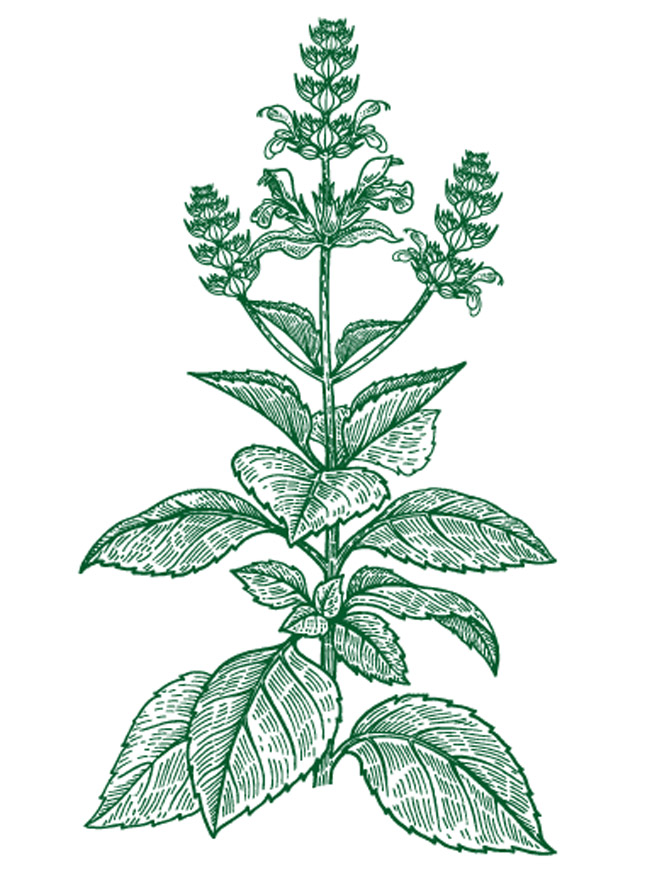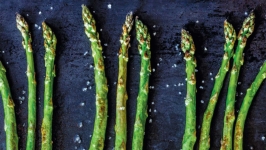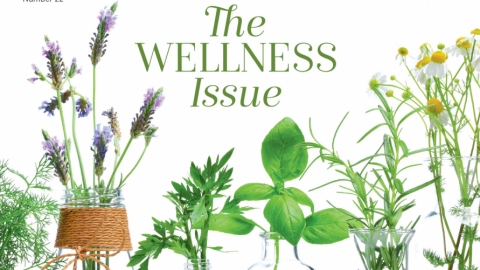The Apothecary in your Kitchen
These common culinary herbs are easy to grow and have medicinal properties that can support our physical, mental and emotional health. Always source your herbs from a responsible local grower, or grow your own.
Source: Building Your Home Apothecary course, 2017

LEMON BALM
Melissa officinalis
This member of the mint family has tender leaves with a citrusy scent and pleasant flavor. A mild antidepressant, it also makes a great addition to a tea blend, along with holy basil and chamomile.

ROSEMARY
Rosemarinus officinalis
In addition to lending a savory flavor to foods, rosemary also offers antibacterial qualities. This antioxidant can decrease inflammation and help relieve pain from arthritis, too.

TULSI (A.K.A. HOLY BASIL)
Ocimum sanctum
This warming herb has a sweet-spicy aroma almost like bubblegum. Tulsi is also a powerful adaptogen, interrupting the production of cortisol and helping to recharge our adrenal batteries.

NETTLE
Urtica dioica
This wild plant, abundant in springtime, is packed with nutrients and can act as an anti-inflammatory and an antihistamine, as well. Blanch them to remove the sting and then prepare them as you would spinach.

DANDELION
Taraxicum officinale
Rich in potassium, cholene, sodium, zinc, magnesium, copper and phosphorus, dandelion’s bitter leaves offer a rejuvenating source of nutrients in springtime and can help prevent kidney stones.








